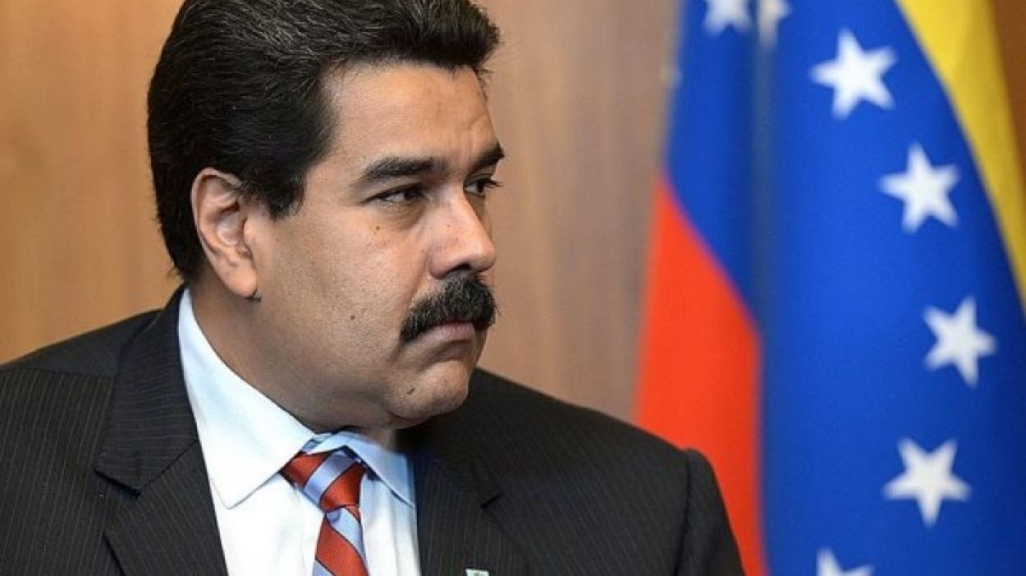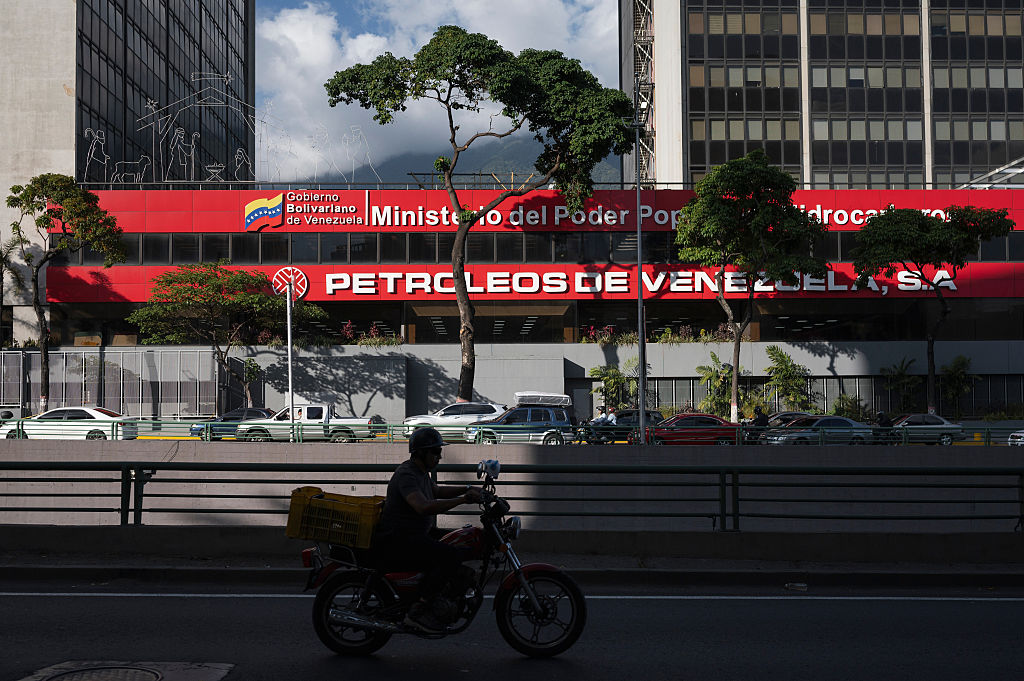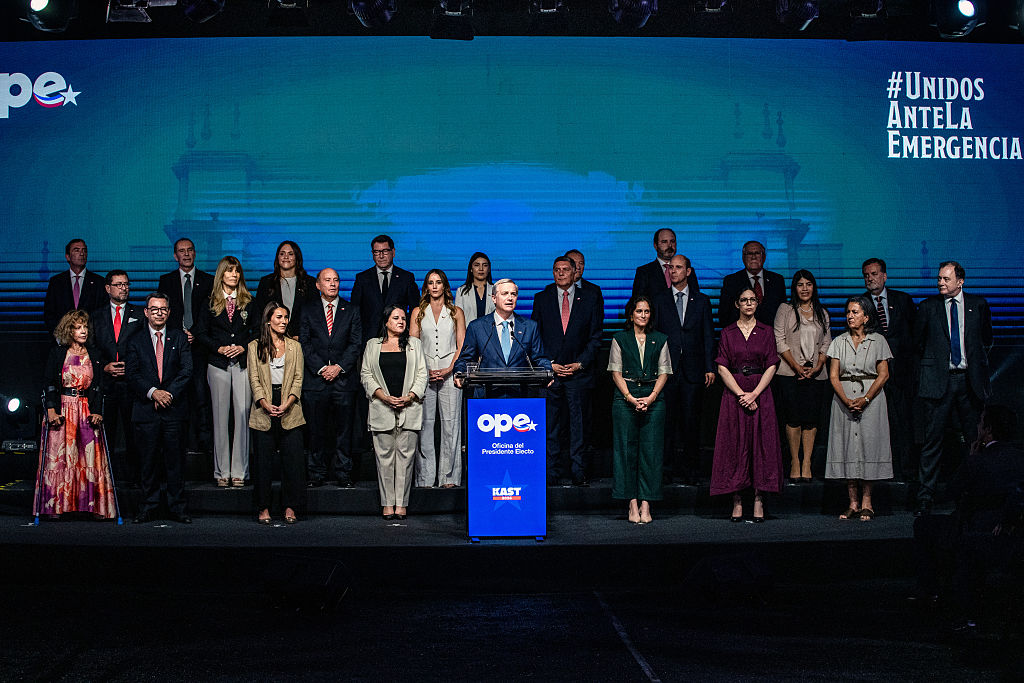José Enrique Arrioja on Venezuela's Regional Elections for the Latin America Advisor
José Enrique Arrioja on Venezuela's Regional Elections for the Latin America Advisor
Maduro's power paves the way for a constitutional reform that will alter the core of the country's political principles, says AQ's managing editor.
Q: Venezuelan President Nicolás Maduro’s ruling party coalition won all but one governorship in regional elections on May 25, in a vote marked by low turnout and preconditions for opposition parties’ participation, The New York Times reported. The ruling coalition also won more than 82 percent of the seats in the country’s National Assembly, according to the country’s electoral council. After the elections, Maduro’s government appointed a governor of the Essequibo region, which Guyana administers but Venezuela claims; Guyanese and U.S. officials condemned the act as a violation of international law. How will the results of the May 25 elections affect Maduro’s control of Venezuela’s political institutions? To what extent could the elections change the opposition’s ability to mobilize support? How will Maduro’s appointment of a loyalist governor of ‘Guayana Esequiba’ affect ongoing tensions between Guyana and Venezuela?
A: The regional and legislative elections tightly reinforced Maduro’s grip on the nation’s political framework. His overwhelming control of the National Assembly and regional power now paves the way for a constitutional reform that will fundamentally alter the core of the country’s political principles, thus far. An overhaul of the electoral system, aiming to introduce a ‘Communal Circuit System’ that will replace the current universal and direct voting system, is planned for 2026; in tandem or subsequently, a communal state is likely to follow.
Maduro and his inner circle conceived the elections with an additional goal in mind: to marginalize the opposition and complete the obliteration of their role, attempting to suppress the vestiges of social discontent. Before the staged contest, the increasingly fractured opposition lacked not only economic resources and access to dwindling free media but also the real power to convene and mobilize civil society, as María Corina Machado, the most prominent leader, continues to be in hiding.









